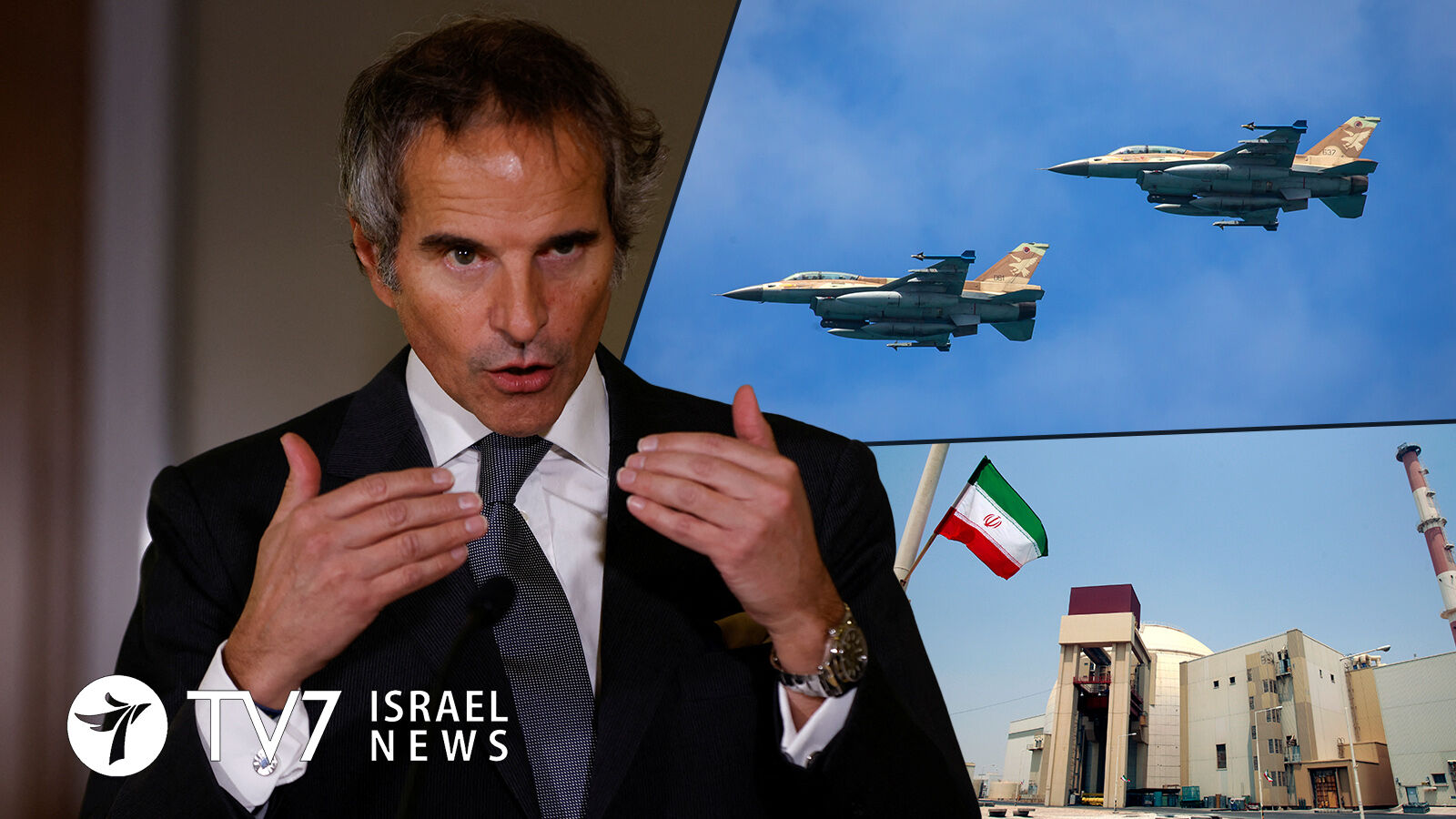The statement was issued by International Atomic Energy Agency Director General Raphael Grossi following two days of talks in Iran.
By Erin Viner
“Any military attack on nuclear facilities is outlawed,” said Grossi at a press conference on Saturday upon his return to Vienna, in response to a reporter’s question about threats by Israel and the United States to prevent the Islamic Republic from producing atomic weapons.
Grossi issued the statement following high-level talks in Tehran on 3 – 4 March with Iranian President Ebrahim Raisi, Vice President and Atomic Energy Organization (AEOI) Director Mohammad Eslami and Foreign Minister Hossein Amir-Abdollahian.
The visit was aimed at acquiring rational answers as to the origin of uranium traces at the undisclosed nuclear sites in Toorkooz-abad, Teheran & Marivan; as well as the origin of uranium particles enriched to up to 83.7% purity; and the restoration of previous agreed-upon access of nuclear facilities to IAEA inspectors. The IAEA has also been trying to break the impasse on negotiations to revive its 2015 Joint Comprehensive Plan of Action (JCPOA) nuclear deal with world powers.
Israeli and American leaders have long discussed a so-called “Plan B” military option if diplomatic efforts to curb Iran’s nuclear advancements fail.
“International Atomic Energy Agency Director General Rafael Grossi just said in Tehran that an Israeli attack on the Iranian nuclear facilities is against the law,” said Israeli Prime Minister Benjamin Netanyahu in televised remarks at the start of his weekly Cabinet meeting.
“Rafael Grossi is a worthy gentleman who said something unworthy,” he asserted.
After rhetorically questioning, “Against which law? Is Iran, which openly calls for our destruction, permitted to defend the destructive weapons that would slaughter us? Are we permitted to defend ourselves?” the Israeli leader stressed, “It is clear that we are, and it is clear that we will do so. And we will do so in discussions or actions around the clock, which I will not detail here, of course.”
In other developments, Iran has already refuted Grossi’s announcement that it has agreed to “provide access to information, locations and people,” and to allow re-installation of extra monitoring equipment put in place under the JCPOA but removed last year.
“During the two days that Mr. Grossi was in Iran, the issue of access to individuals was never raised,” IAEO Spokesman Behrouz Kamalvandi told the IRNA state news agency .
According to a joint AEOI and the IAEA statement issued upon conclusion of Grossi’s talks, “Both sides recognize that such positive engagements can pave the way for wider agreements among state parties” who agreed future “interactions” between them “will be carried out in a spirit of collaboration” in “full conformity with the competences of the IAEA and the rights and obligations of the Islamic Republic of Iran, based on the comprehensive safeguards agreement.”
Moreover, the statement said that Iran had “expressed its readiness to continue its cooperation” “provide further information” and “access to address the outstanding safeguards issues” on the three suspect sites “on a voluntary basis will allow the IAEA to implement further appropriate verification and monitoring activities.” A “technical meeting which will take place soon in Tehran” to work out “modalities” of the agreement, it added.
